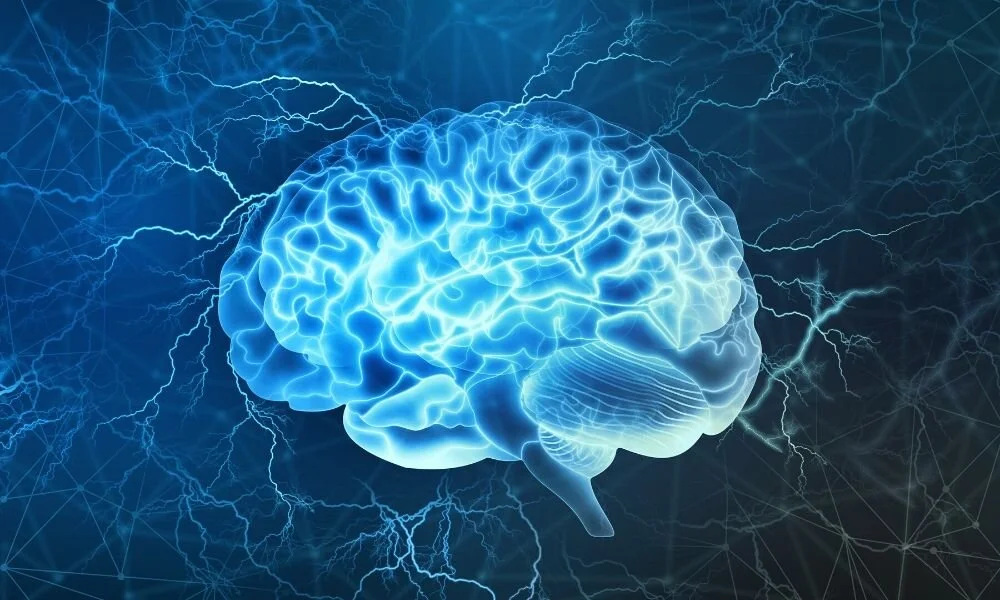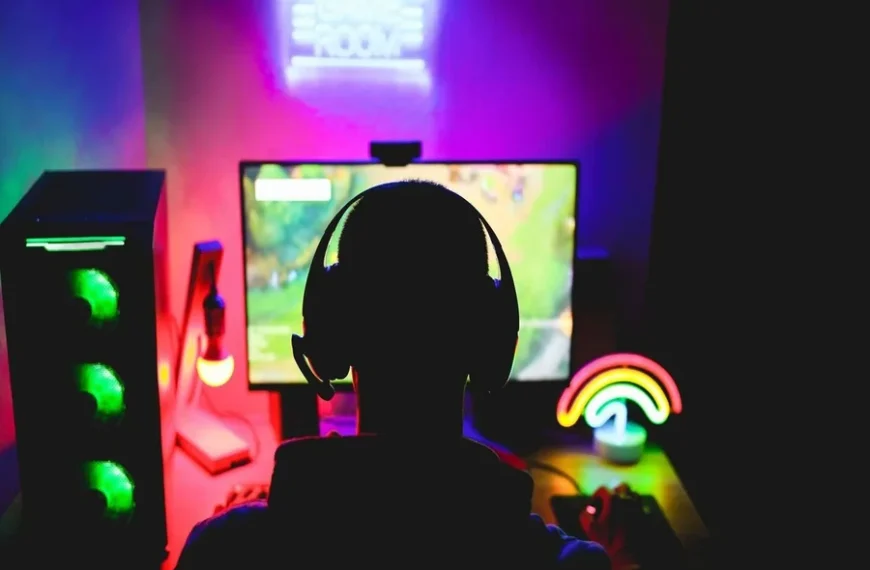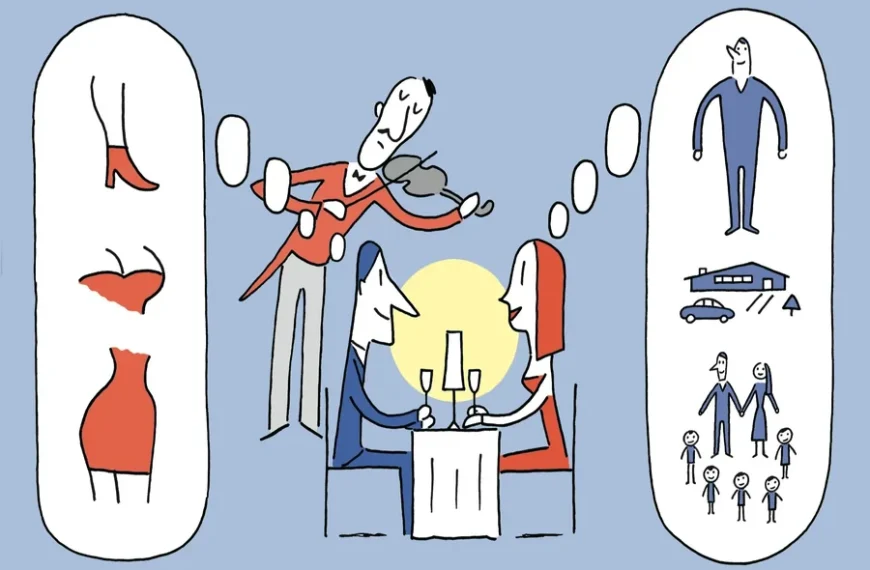Imagine this: you are playing a friendly game and you are not expecting to win any more points than you normally would, and all of a sudden, bang!, you get an unexpected bonus. It’s not so big, but you keep it in mind for days. It leaves an impression that is much more pronounced than the supposed daily login bonus that you receive each morning.
That is the weird work of surprise. And unlike anticipated results, the unexpected rewards are like a shock to our brain that elicits more emotional responses and better memory formation. Not only with freebies at retail stores, but also with loyalty programs on the Internet, and even with a spin at the Spinado Casino NZ occasionally, our brain is preprogrammed to get hooked on the unexpected.
The Psychology of Surprise
- The reason why unexpected rewards are different.
Human beings are not very good predictors of pleasure. We adore patterns, but when something disrupts the pattern to our advantage, then the intensity goes wild. Psychologists refer to such an error in the prediction of rewards: the difference between what you anticipated and what you achieved.
Expected outcomes? They blend into routine. Unexpected ones? They glow. That is why changeable rewards, that is, bonuses that do not come at a certain time, but at random, have a more powerful attraction to our attention and memory.
- Everyday Encounters
- A free upgrade on a flight.
- A social media post likes storm.
- Publicity on a spinado casino like Spinado Casino NZ, where randomness is the driving force behind the fun.
They not only serve as perks but also as anchors of memory.
Schock on the Brain: Dopamine and Memory.
The Dopamine Loop
Your brain also releases dopamine when you receive a reward. Dopamine overloads into hyperdrive when you get a better-than-expected reward. It is not that this dopamine loop makes you feel good; it makes you remember.
That is why a surprise bonus is electric, whereas the same bonus, when anticipated, could be routine. It is so because our brain is made to see the difference, as, evolutionarily, it helped us to stay alive (and it seems to win free spins).
Hippocampal Emotional Tagging.
Dopamine isn’t working alone. When there are strong emotions, the memory hub (hippocampus) is boosted. Shock is like a highlighter of emotions, labeling this moment so it will be stored longer. Effectually, the brain mumbles: Pay attention. This might matter later.”
Online Spaces and Interactional Design.
Engagement and Gamification.
Digital platforms excel at infusing surprise in the user experience. Use the example of loot boxes in video gaming, flash sales in online shops, or a bonus round in online casinos.
An example is Spinado Casino NZ: in addition to its predictable reward systems, the casino uses the excitement of not knowing. The exact time and amount of a win or a promotional prize are enough to keep players alert, active, and returning. We have no promises of results; we have what could happen tomorrow.
It is the same concept that underlies fitness apps, which drop random milestone badges, or e-learning, which throws you a bonus quiz. Surprise mechanics also utilize our cognitive biases of new and immediate pleasure, so that interaction does not become automatic.
The Risky Side of Surprise
There is, of course, a dark side. What produces pleasure may also cause decision fatigue, compulsivity, and unhealthy dopamine circuits. This is why behavioral designers must walk the fine line between unexpected playfulness and manipulation.
This is where anti gambling fraud measures come in, ensuring that surprise mechanics are just, transparent, and without exploitation in gambling spaces. Beyond the scenes, such safeguards are used to shield players against systems that could otherwise turn unpredictability against them.
Expert Perspectives
As behavioral economists note, unpredictable rewards hone attention better than predictable ones do. Neuroscientists emphasize the roles of reward prediction error as a means of memory consolidation. At the same time, digital ethicists caution that elements like variable rewards are a two-edged sword: they can be delightful, but they also can be addictive.
Practically, the question that platforms have to face, be it a social network, an app to track workouts, or Spinado Casino NZ, is how to strike the right balance between being exciting and responsible. It involves creating moments of happiness without falling into the dopamine loop of obsessiveness.



